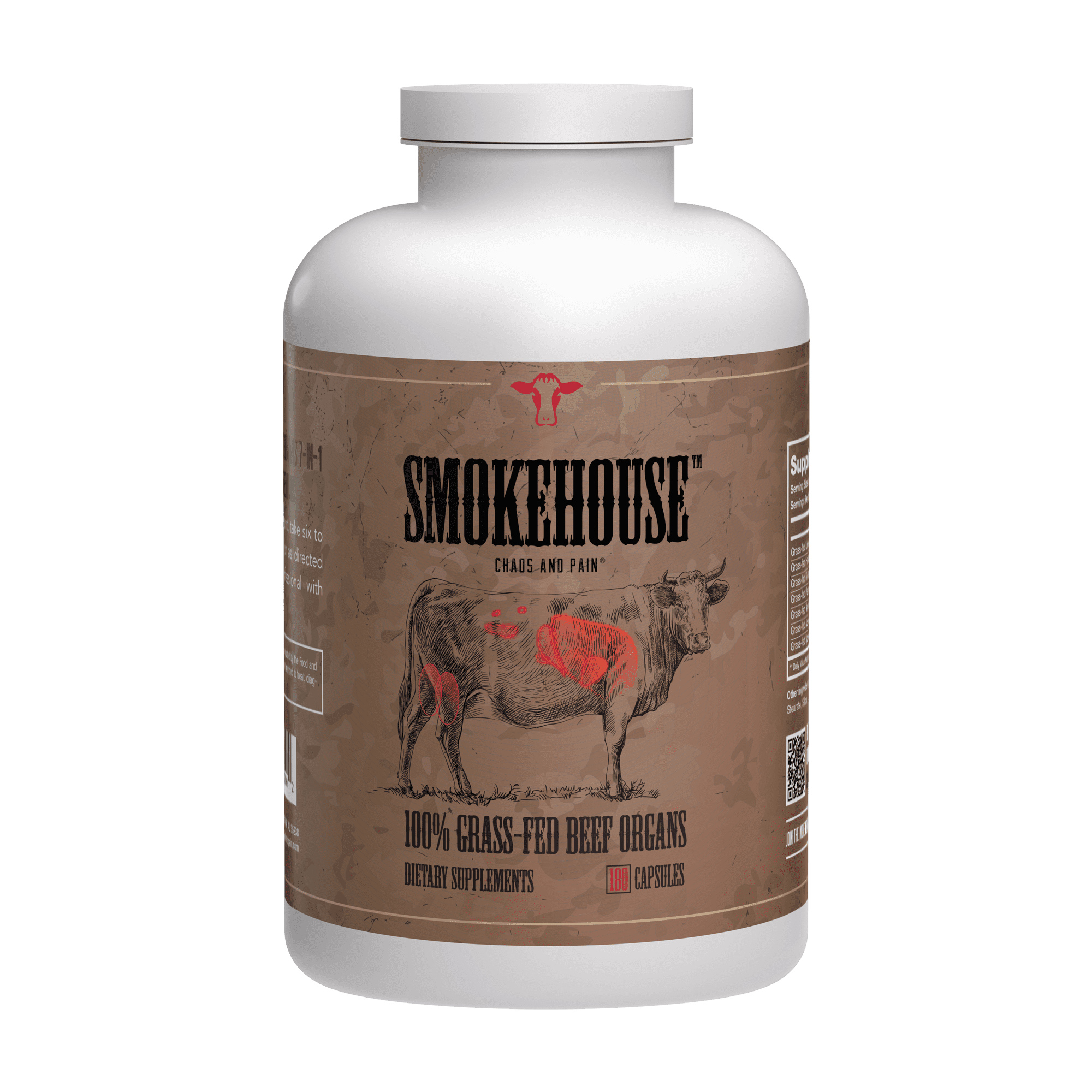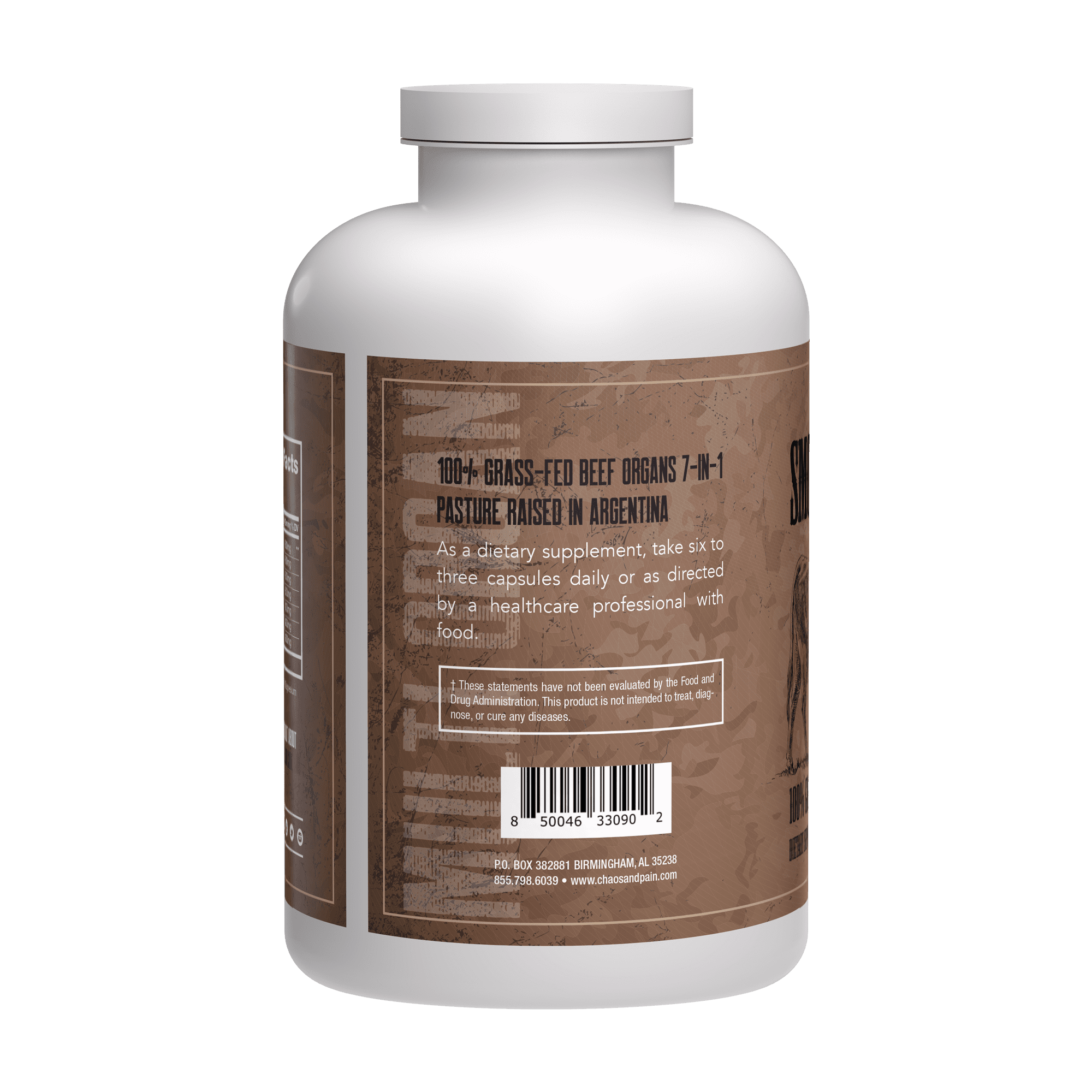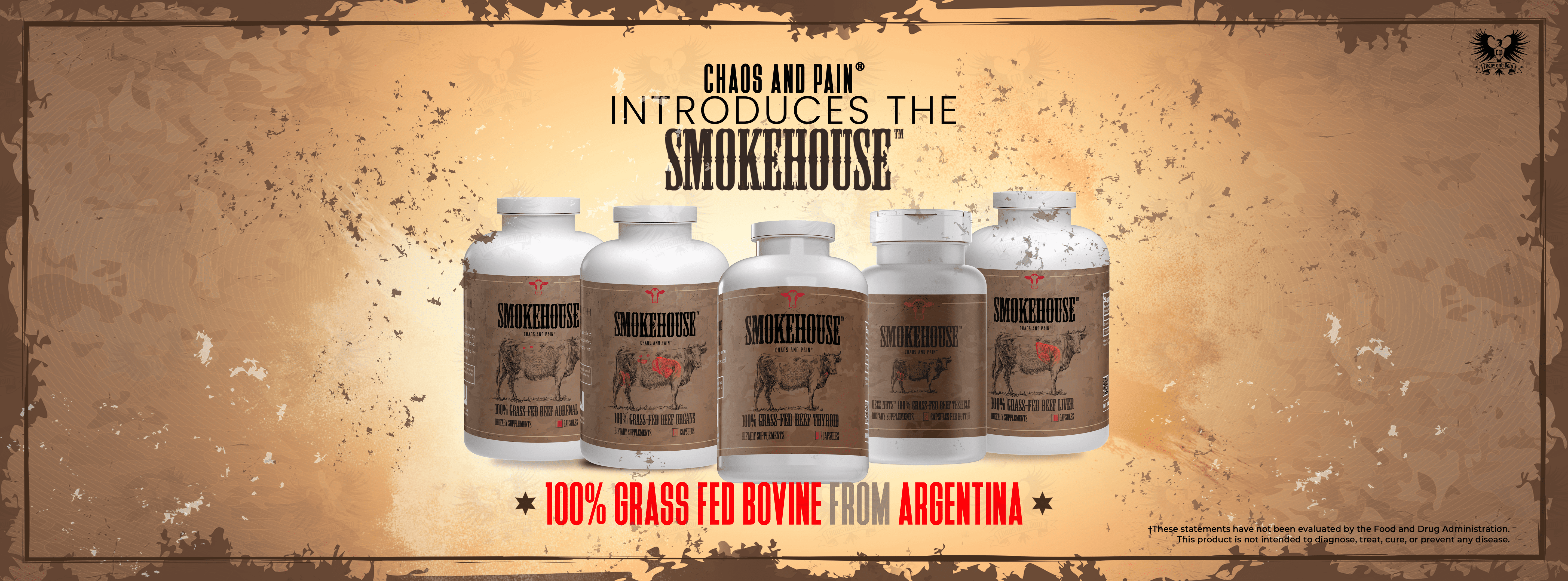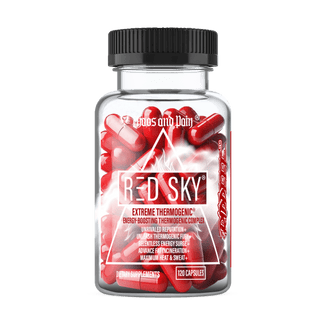ORGANS - Grass-Fed Beef Organs
Smokehouse 100% Grass-fed Beef Organs from Argentina
Beef organ meats are a group of highly nutritious foods that are often overlooked in many diets. These meats, which include liver, kidney, heart, pancreas, adrenal glands, testicle and spleen, are all rich in a variety of vitamins, minerals, and other essential nutrients.
Organ meats are exceptionally high in B vitamins, including vitamin B12, which is essential for maintaining healthy nerves and red blood cells. They are also rich in iron, zinc, and selenium, which are essential for maintaining healthy blood, bones, and immune function.
Organ meats are a great source of protein, which is essential for building and repairing tissues, as well as for maintaining a healthy immune system. Unlike muscle meats, which are often high in saturated fat, organ meats are typically low in fat.
In traditional medicine, organ meats have been used for their potential to support the health and function of specific organs, such as the liver, kidneys, and adrenal glands. Consuming organ meats may help support the health and function of these critical organs and improve overall health and well-being. [1]






Understanding this Product
Grass-fed Beef Liver (Bovine)
Beef liver is a nutrient-dense food that offers a wide range of health benefits. It is a rich source of protein, iron, vitamin A, vitamin B12, and other essential nutrients. [2]
Beef liver is an excellent source of protein. Protein is essential for building and repairing tissues, as well as for maintaining a healthy immune system. A 3-ounce serving of beef liver provides around 21 grams of protein, making it an excellent food for people who follow a high-protein diet. [3]
Beef liver is also rich in iron, a mineral that is crucial for the production of hemoglobin, a protein found in red blood cells that carries oxygen throughout the body. Iron deficiency can lead to anemia, a condition that causes fatigue, weakness, and other symptoms. A 3-ounce serving of beef liver provides around 4.5 milligrams of iron, which is about 25% of the daily value. [4]
In addition to protein and iron, beef liver is a great source of vitamin A. Vitamin A is important for maintaining healthy skin, vision, and immune function. A 3-ounce serving of beef liver provides around 17,000 international units (IU) of vitamin A, which is more than three times the recommended daily intake. [5]
Beef liver is also an excellent source of vitamin B12, a nutrient that is important for maintaining healthy nerves and red blood cells. A 3-ounce serving of beef liver provides around 70 micrograms of vitamin B12, which is more than 100% of the daily value. [6]
Beef liver is a good source of other essential nutrients, including zinc, phosphorus, and selenium. These minerals are essential for maintaining healthy bones, teeth, and immune function. [7]
Grass-fed Beef heart (Bovine)
Beef heart is an organ meat that is often underutilized in most cuisines. However, it is a highly nutritious food that offers a range of health benefits. [8]
Beef heart is an excellent source of protein. Protein is essential for building and repairing tissues, as well as for maintaining a healthy immune system. A 3-ounce serving of beef heart provides around 18 grams of protein, making it a great food for people who follow a high-protein diet. [9]
CoQ10 (Coenzyme Q10)
Beef heart is also a rich source of CoQ10 (Coenzyme Q10), a powerful antioxidant that is important for heart health. CoQ10 is involved in the production of energy in the body and helps protect the heart against oxidative damage. A 3-ounce serving of beef heart provides around 108 milligrams of CoQ10, which is much higher than other food sources. [10]
In addition to CoQ10, beef heart is a good source of other vitamins and minerals, including vitamin B12, iron, phosphorus, and zinc. These nutrients are important for maintaining healthy blood, bones, and immune function.
Beef heart is low in fat and calories, making it a great food for people who are trying to lose weight or maintain a healthy weight. It is also a good source of dietary fiber, which can help
promote healthy digestion. [11]
Beef heart is a versatile ingredient that can be used in a variety of recipes, including stews, soups, and tacos. It has a mild, slightly sweet flavor that pairs well with a range of spices and seasonings.
More
Grass-fed Beef Adrenal (Bovine)
Beef adrenal glands, also known as "sweetbreads," are a lesser known organ meat that is highly nutritious and offers a range of health benefits. While it may not be a commonly consumed food, it is worth considering adding to your diet for its nutrient density. Beef adrenal glands are a rich source of protein, which is essential for building and repairing tissues, as well as for maintaining a healthy immune system. A 3-ounce serving of beef adrenal glands provides around 18 grams of protein, making it a great food for people who follow a high-protein diet. [19]
Beef adrenal glands are also a rich source of minerals, including iron, zinc, and selenium. These minerals are essential for maintaining healthy blood, bones, and immune function.
In traditional medicine, beef adrenal glands have been used for their potential to support adrenal health. The adrenal glands play a critical role in regulating the body's response to stress, and consuming beef adrenal glands may help support the health and function of these important glands. [20]
Grass-fed Beef Kidney (Bovine)
Beef kidney is an organ meat that is often overlooked in most cuisines. However, it is a highly nutritious food that offers a range of health benefits. [12]
Protein
Beef kidney is an excellent source of protein. Protein is essential for building and repairing tissues, as well as for maintaining a healthy immune system. A 3-ounce serving of beef kidney provides around 18 grams of protein, making it a great food for people who follow a high-protein diet. [13]
Vitamin B12
Beef kidney is also an excellent source of vitamin B12, which is important for maintaining healthy nerves and red blood cells. A 3-ounce serving of beef kidney provides around 5 micrograms of vitamin B12, which is more than 800% of the daily value. Vitamin B12 is especially important for vegetarians and vegans who may not get enough of this nutrient from plant-based sources. [14]
Other Nutrients
Beef kidney is also a good source of other B vitamins, including thiamin, riboflavin, and niacin. These vitamins are important for maintaining healthy skin, nerves, and digestion.
Beef kidney is also a rich source of iron, a mineral that is essential for the production of hemoglobin, a protein found in red blood cells that carries oxygen throughout the body. A 3-ounce serving of beef kidney provides around 5 milligrams of iron, which is about 28% of the daily value. [15]
Beef kidney contains selenium, a mineral that is essential for a healthy immune system and thyroid function. It also contains zinc, which is important for maintaining healthy skin and wound healing. [16]
Beef kidney is a low-calorie food that is low in fat and carbohydrates, making it a great food for people who are watching their weight or trying to lose weight.
What does this do?
Grass-fed Beef Testicle (Bovine)
Beef testicles, also known as Rocky Mountain Oysters, are commonly consumed in parts of the world and have numerous benefits. They are a great source of energy-boosting nutrients such as proteins, carbohydrates and fats and help regulate metabolism rates. Furthermore, they contain essential minerals like zinc, iron, magnesium and phosphorus which help boost immune system and reduce fatigue.
Due to their high nutrient content, beef testicles can be a great addition to any diet in order to increase energy levels and provide essential nutrients. They are also rich in vitamins such as thiamine, riboflavin and niacin which help with cell growth and development. Additionally, they provide an excellent source of vital amino acids, which are the building blocks of proteins.
Beef testicles also offer other health benefits such as improving cardiovascular health and decreasing cholesterol levels. They contain high amounts of cholesterol-fighting unsaturated fats, making them a healthy alternative to red meat for those who have issues with their cholesterol levels. Furthermore, they are high in beta-carotene, which is a powerful antioxidant that helps protect against free radical damage and reduce oxidative stress. [18]
Grass-fed Beef Pancreas (Bovine)
Beef pancreas is an organ meat that is often overlooked in most cuisines. However, it is a highly nutritious food that offers a range of health benefits. Beef pancreas is a great source of protein.
Protein is essential for building and repairing tissues, as well as for maintaining a healthy immune system. A 3-ounce serving of beef pancreas provides around 15 grams of protein, making it a great food for people who follow a high-protein diet.
Digestive Enzymes
Beef pancreas is also rich in digestive enzymes, which are important for breaking down food and absorbing nutrients. The pancreas produces enzymes such as amylase, protease, and lipase, which help break down carbohydrates, proteins, and fats, respectively. Incorporating beef pancreas into your diet can help support healthy digestion and nutrient absorption. [17]
Maintaining Healthy Nerves
Beef pancreas is a good source of vitamin B12, which is important for maintaining healthy nerves and red blood cells. A 3-ounce serving of beef pancreas provides around 11 micrograms of vitamin B12,
which is more than 180% of the daily value. Vitamin B12 is especially important for vegetarians and vegans who may not get enough of this nutrient from plant-based sources.
The Rest
Beef pancreas is a good source of other B vitamins, including thiamin, riboflavin, and niacin. These vitamins are important for maintaining healthy skin, nerves, and digestion.
Lastly, beef pancreas is a low-calorie food that is low in fat and carbohydrates, making it a great food for people who are watching their weight or trying to lose weight.
Not Overlooked
Grass-fed Spleen (Bovine)
Beef spleen is a nutritious organ meat that is often overlooked. While it may not be a commonly consumed food, it offers a range of health benefits that are worth considering. Beef spleen is a rich source of protein, which is essential for building and repairing tissues, as well as for maintaining a healthy immune system. A 3-ounce serving of beef spleen provides around 2 grams of protein, making it a great food for people who follow a high-protein diet.
In addition to protein, beef spleen is a good source of vitamins and minerals, including iron, vitamin B12, and folate. These nutrients are important for maintaining healthy blood, bones, and nerve function. Beef spleen is a rich source of heme iron, which is the most easily absorbed form of iron. Iron is important for the production of hemoglobin, which carries oxygen in the blood, and myoglobin, which carries oxygen in the muscles. A 3-ounce serving of beef spleen provides around 4.3 milligrams of iron, which is more than half of the daily value. [21]
In traditional medicine, beef spleen has been used for its potential to support immune function. The spleen is a part of the lymphatic system, which plays a critical role in the body's immune response. Consuming beef spleen may help support the health and function of the spleen and the lymphatic system.
This product has no reviews yet.






